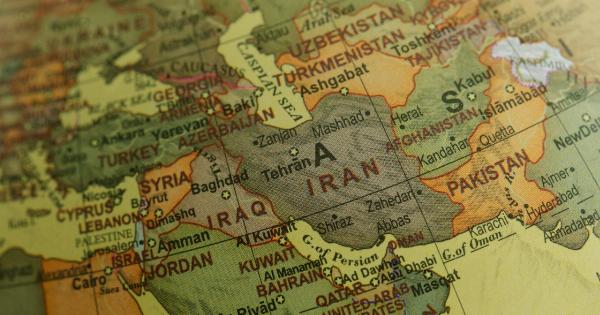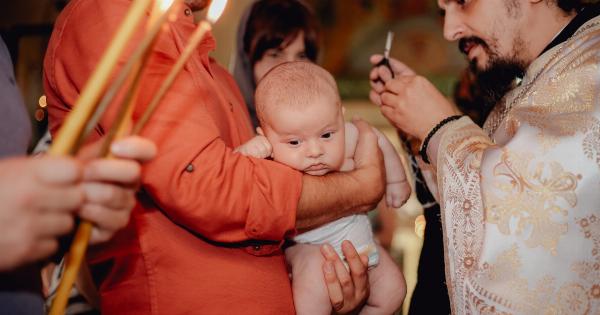Becoming a mother is one of the most significant decisions a woman can make. It is not just a personal and financial choice, but also one that affects her health and wellness, particularly the age at which she decides to conceive.
Women today are increasingly delaying motherhood due to various reasons such as education, career, financial stability, and personal choices. However, studies show that there are pros and cons of age at last childbirth, and it is essential to weigh them before making a decision.
The Pros of Having Children at a Younger Age
There are several advantages of having children earlier in life.
Better Fertility
Women are born with a finite number of eggs, and as they age, their fertility declines. According to the American Society for Reproductive Medicine, the chance of a woman getting pregnant decreases significantly after age 35 and drops sharply after 40.
Therefore, women who have children earlier in life have a better chance of conceiving naturally and have lower rates of infertility.
Lower Risk of Complications
Younger women have a lower risk of pregnancy and childbirth complications such as high blood pressure, gestational diabetes, preterm labor, and cesarean section.
The risks increase after age 35, and older women are more likely to have health issues that can affect pregnancy and delivery.
More Energy
Parenting can be physically and mentally demanding, and having children at a younger age means that women have more energy to handle the challenges of motherhood.
Younger mothers can keep up with their children’s energy levels and are more likely to be involved in their activities.
The Cons of Having Children at a Younger Age
While there are advantages to having children earlier in life, there are also some drawbacks to consider.
Less Life Experience
Younger mothers may have less life experience and skills to handle the responsibilities of parenting. They may struggle to balance their personal and professional lives and face challenges such as financial instability and lack of support.
This can result in stress and anxiety that can affect their mental health and well-being.
Difficulty in Pursuing Career and Education Goals
Having children earlier in life can make it challenging to pursue career and education goals. Young mothers may have to put their aspirations on hold or make compromises, such as working part-time or taking a break from their studies.
This can impact their earning potential and limit their career growth.
Less Time for Personal Growth and Development
Parenting is a full-time job, and having children at a younger age can leave little time and energy for personal growth and development.
Young mothers may have to sacrifice their hobbies, interests, and social life, which can lead to feelings of isolation and boredom.
The Pros of Having Children at an Older Age
There are also advantages to having children at an older age, which is becoming increasingly common in modern times.
More Life Experience and Emotional Maturity
Older mothers have more life experience, emotional maturity, and better coping skills to handle the demands of parenting.
They have had more time to develop their careers and personal lives and are more financially stable, which can provide a better environment for their children to grow up in.
Greater Wisdom and Knowledge
Older mothers can provide their children with greater wisdom and knowledge that come with age. They can pass on their life lessons and values to their children and have a broader perspective on life in general.
Better Financial Stability
Older mothers are more financially stable, which can provide a more secure future for their children. They may have already established themselves in their careers or have better savings and investments.
The Cons of Having Children at an Older Age
While there are advantages to having children at an older age, there are also some risks to consider.
Higher Risk of Complications
Older women have a higher risk of pregnancy and childbirth complications such as gestational diabetes, high blood pressure, stillbirth, and chromosomal abnormalities.
They are also more likely to have multiple pregnancies, which can increase the risk of preterm labor and cesarean section.
Decreased Fertility and Longer Time to Conceive
As women age, their fertility declines, and they may take longer to conceive. This can lead to increased stress and anxiety, as well as the need for assisted reproductive technologies such as in vitro fertilization (IVF).
Less Energy and Physical Capacity
Older mothers may have less energy and physical capacity to handle the demands of motherhood. Parenting can be physically and mentally exhausting, and older mothers may struggle to keep up with their children’s energy levels.
Conclusion
Deciding to become a mother is one of the most significant decisions a woman can make, and age at last childbirth is an essential factor to consider.
While there are advantages and disadvantages to having children at a younger or older age, each woman must weigh them carefully against her personal, financial, and health circumstances.































